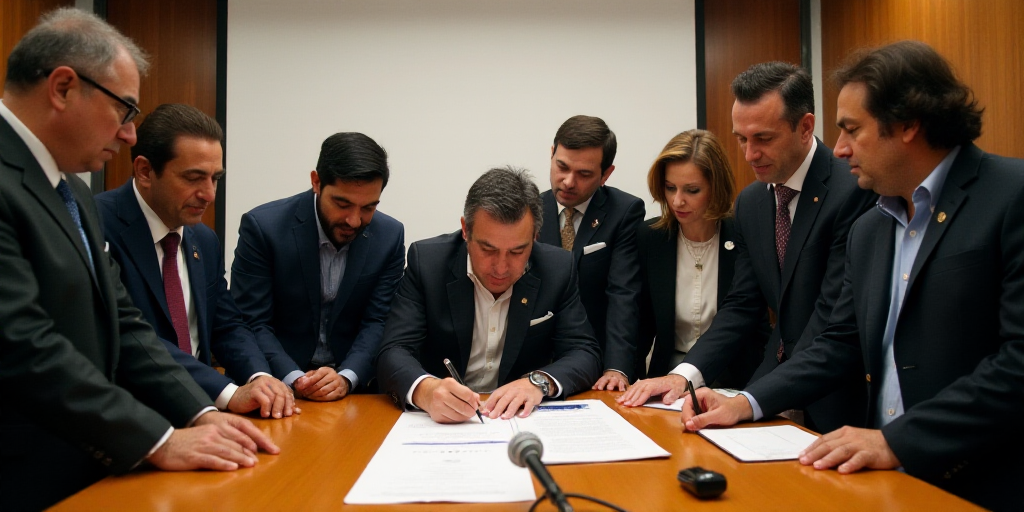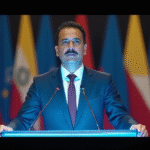Introduction to the Mining Sector Revival
Marcelo Ebrard, the Secretary of Economy, highlighted that the current administration should give a significant boost to Mexico’s mining industry due to global geopolitical changes. This shift in policy marks a departure from the previous administration’s stance, now actively promoting this industry.
Geopolitical Context and Mineral Importance
Ebrard emphasized that mining has become fashionable in today’s generation, driven by global geopolitical shifts. He pointed out that just a few years ago, there was no geopolitical rivalry but rather a superpower and an agreement on free trade and institutions that emerged from World War II.
Without naming China, Ebrard added that in today’s tense geopolitical climate, it’s unrealistic to assume easy access to all the minerals needed by Mexico’s industry. He stressed that countries must scale up their capabilities, referring to the importance of upgrading Mexico’s mining sector.
Mexico’s Mineral Dependence
Ebrard explained that Mexico exports copper minerals but imports refined copper, crucial for the country’s automotive industry. He urged participants at the Convenio de Colaboración del Comité Educativo de Minería México 2025 event to recognize the need for improvement in their mining capabilities.
China’s Strategic Mineral Focus
According to a U.S. Congress analysis, China has prioritized minerals and critical materials in recent decades. Chinese reserves of certain minerals and rare earth elements are substantial within their geographical boundaries, but they’ve strategically invested through the Belt and Road Initiative (BRI) in infrastructure and manufacturing capabilities in other countries.
- China refines 68% of nickel, 40% of copper, 59% of lithium, and 73% of cobalt globally.
- China’s BRI investments in critical minerals include the Democratic Republic of Congo (DRC) and Indonesia.
The DRC supplies 68% of the world’s cobalt, with Chinese companies controlling 80% of its production. These companies then send the cobalt to China for processing and refining before distribution worldwide.
China also finances mineral development in Indonesia, controlling 82% of nickel battery production there by 2024.
Establishment of the Educative Mining Committee
Following the event, Sonora Governor Alfonso Durazo commented that the creation of the Comité Educativo would successfully address challenges posed by the energy transition.
“This committee combines efforts from the federal government, mining state governments, the mining industry, and national higher education centers,” Durazo said.
Zacatecas Governor David Monreal mentioned that Ebrard laid out a broad work agenda, focusing on investment, development, federal entity participation, scientific attention, and collaboration with the powers.
Government Objective for Lithium Production
Ebrard concluded that the government aims to expedite lithium production in Mexico as soon as possible.






